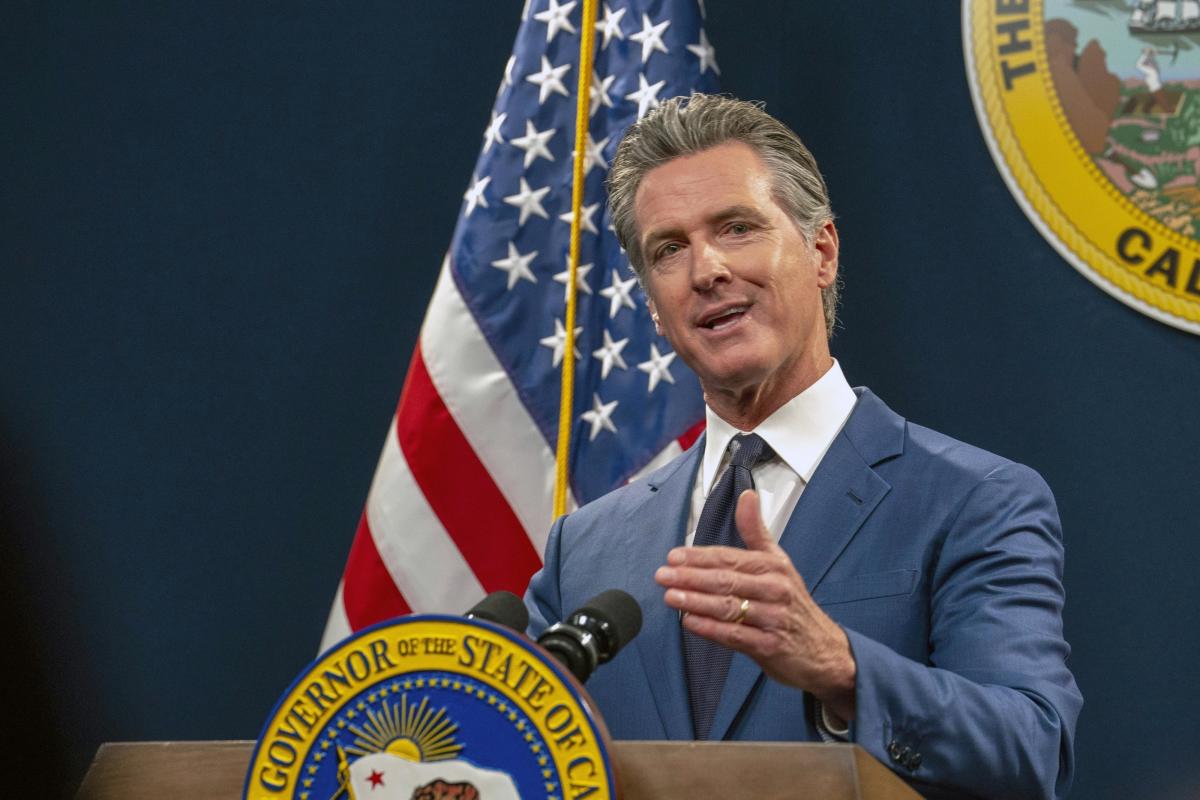A recently released analysis from the Lugar Center and Georgetown University’s McCourt School of Public Policy ranks members of Congress on bipartisanship. (Jennifer Shutt/States Newsroom)
WASHINGTON — U.S. House Republicans argued Tuesday that migrants coming from the southern border to K-12 schools have strained resources and teacher-to-student ratios while leaving a “stunning” financial impact across the country. United States.
The hearing in the U.S. House Subcommittee on Early Childhood, Elementary and Secondary Education took place on the same day as President Joe Biden‘s executive order, which will halt asylum applications at the U.S.-Mexico border when the number of daily unauthorized crossings exceeds 2,500 migrants. (This is expected to take effect immediately as crossings remain well above that level, despite a decline from an all-time high in December, when encounters between official ports of entry averaged more than 8,000 per day was.)
The Republican Party has made immigration a central part of its platform, and former President Donald Trump — the presumptive Republican nominee — has pledged to crack down on immigration if re-elected in November, including mass deportations.
“President Biden has failed to secure the southern border, and the surge of migrants is putting enormous pressure on cities, states and local school districts,” said U.S. Rep. Aaron Bean, subcommittee chairman and a Republican from Florida.
“If we assume that every (undocumented) immigrant child encountered by border patrol agents enters the school system, the cost easily exceeds $2 billion nationwide,” he said. Although Bean did not cite a source, similar statistics appear in a February fact sheet from the Heritage Foundation.
The foundation recommends that states “require school districts to collect enrollment data based on immigration status,” make that data publicly available and pass legislation requiring public schools to charge tuition for “unaccompanied migrant children” and children who reside in the United States with undocumented children. parents.
Democrats questioned the intent of the Republican-led committee hearing, pointing out that immigration policy falls outside the committee’s jurisdiction.
Subcommittee member Rep. Suzanne Bonamici, a Democrat from Oregon, said the committee should instead focus on “the development and support of our nation’s public education system” and “the fundamental right of all children within our borders to uphold free, high-quality education. public education.”
Bonamici and other Democrats pointed to the U.S. Supreme Court’s landmark 1982 ruling in Plyler v. Doe, which gives children in the U.S. the right to a public education regardless of their immigration status.
Overcrowded schools
Bean said challenges for schools in educating undocumented children include pressure on teacher-student ratios, overcrowded classrooms and the need for new facilities.
“The bottom line is it’s wreaking havoc on our school systems across America… Teaching is hard enough, but without the unknown factor of just having huge numbers coming in, it’s almost an impossible task,” Bean said in his closing remarks.
The hearing included testimony from Danyela Souza Egorov, vice president of the District 2 Community Education Council in New York City; Amalia Chamorro, director of the Education Policy Project at UnidosUS; Sheena Rodriguez, president of the Alliance for a Safe Texas; and Mari Barke, trustee of the Orange County Board of Education in California.
Chamorro said that “educating immigrant children is a smart economic investment.” UnidosUS is the largest Hispanic civil rights and advocacy organization in the United States.
Chamorro also said it is up to Congress to “ensure schools have the resources they need to support all students” and “address our chronically underfunded public education system.”
But Egorov, Rodriguez and Barke said local problems are piling up.
Rodriguez noted that “the stark negative impact of the border crisis on public schools extends far beyond education quality and financial pressures.”
Barke said that “our education systems in Orange County, California are undeniably under strain, and the Governor and Legislature are preparing to cut billions of dollars from the state budget.”
U.S. Rep. Virginia Foxx, chair of the House of Representatives Broader Committee and a Republican from North Carolina, said it is difficult to find teachers of English as a second language, or ESL.
Twenty-six states predict a shortage of ESL teachers in the 2023-2024 school year, according to data from the U.S. Department of Education.
“I’m from North Carolina, and it’s hard enough to find teachers, let alone teachers who speak other languages besides English, and we know people come from 160 different countries, so it’s not just Spanish and English we need, but it’s a lot of different languages,” Foxx said.
The post US House GOP highlights immigration impact on schools as Biden issues asylum order appeared first on SC Daily Gazette.







